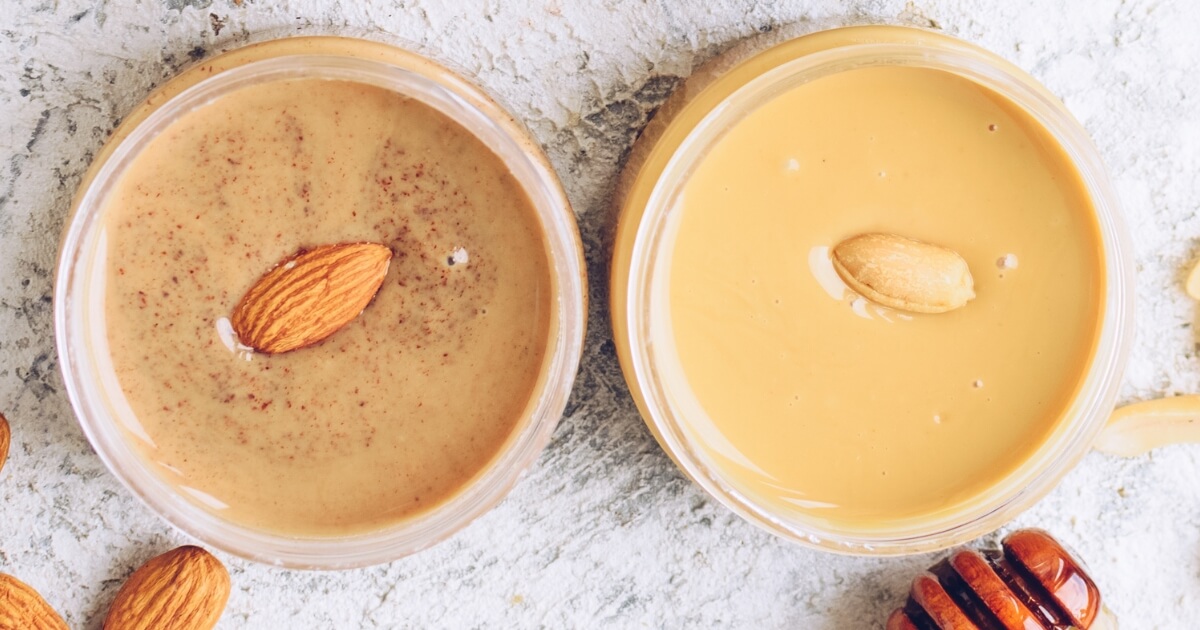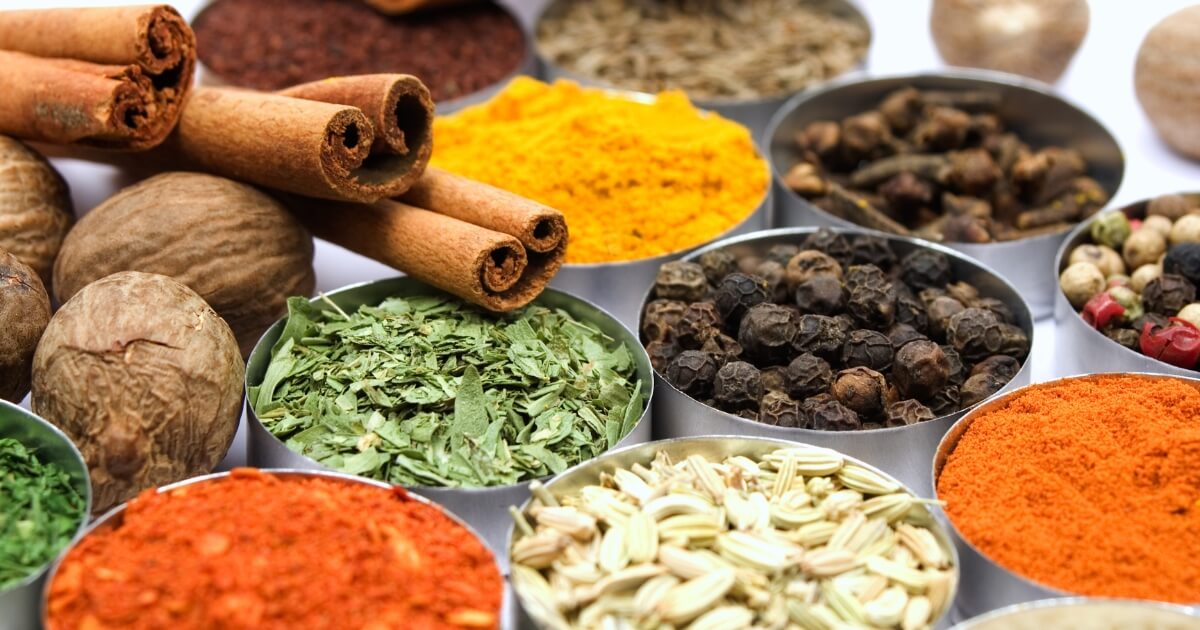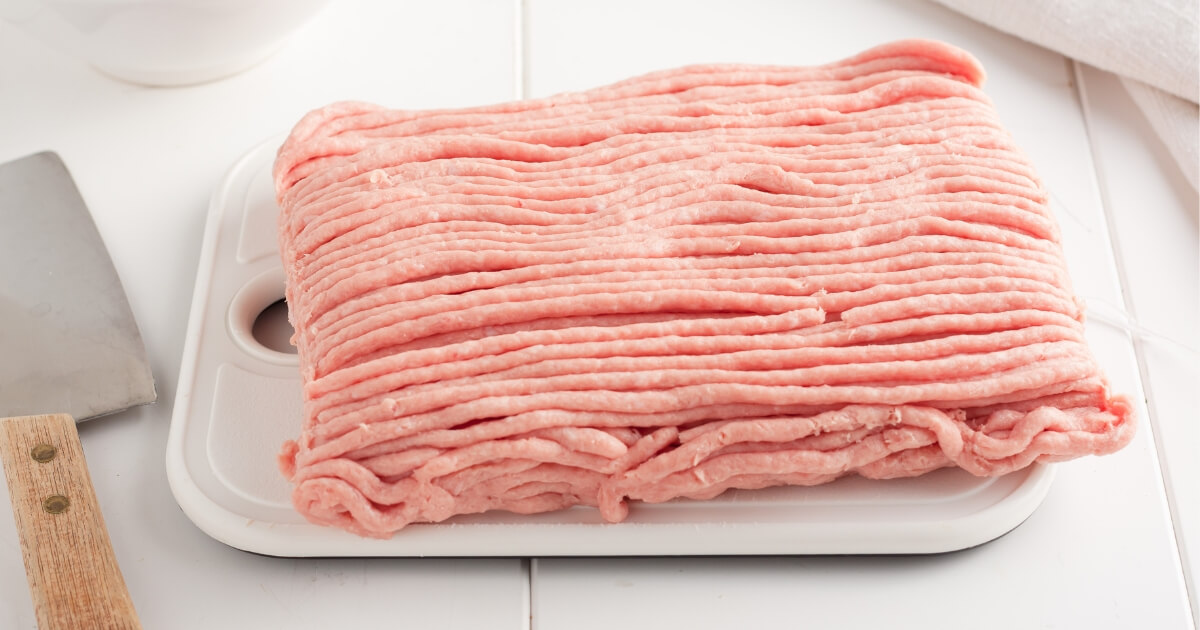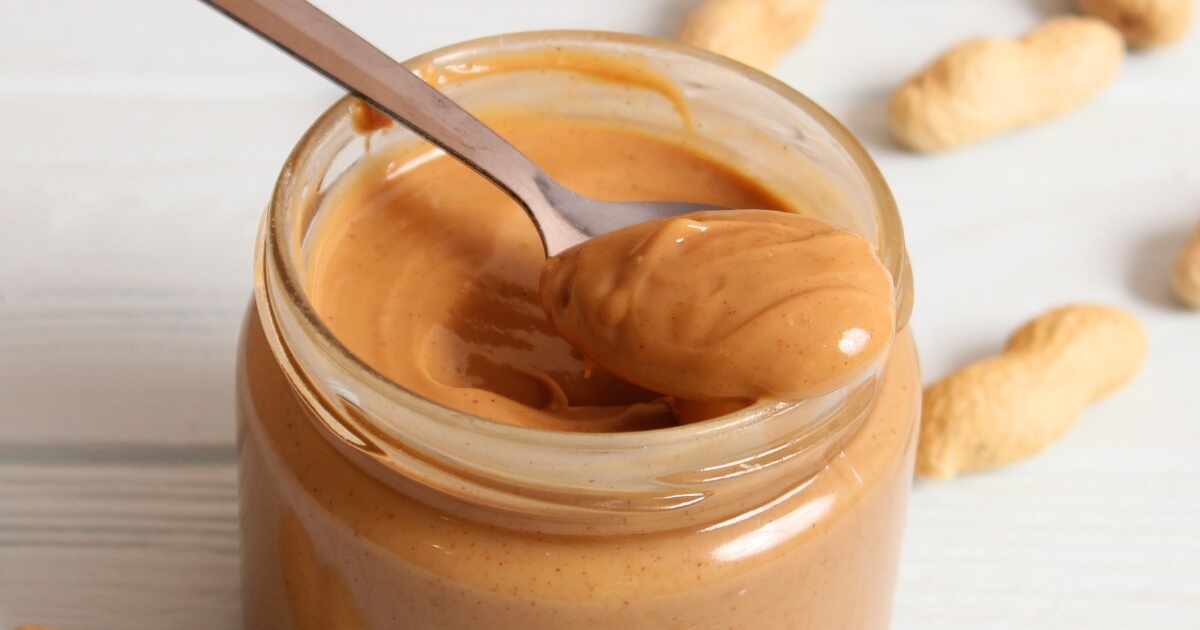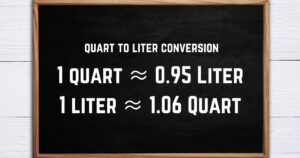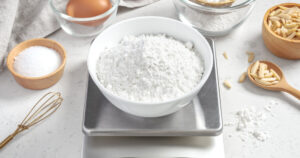Molasses is one of those items that most of us have in our kitchen but don’t use often. It’s essential for baking holiday goodies like gingersnaps, as a key item in baked beans, or as a substitute for brown sugar.
But if it sits too long, does molasses go bad? The short answer is yes, but there are some factors that impact its life.
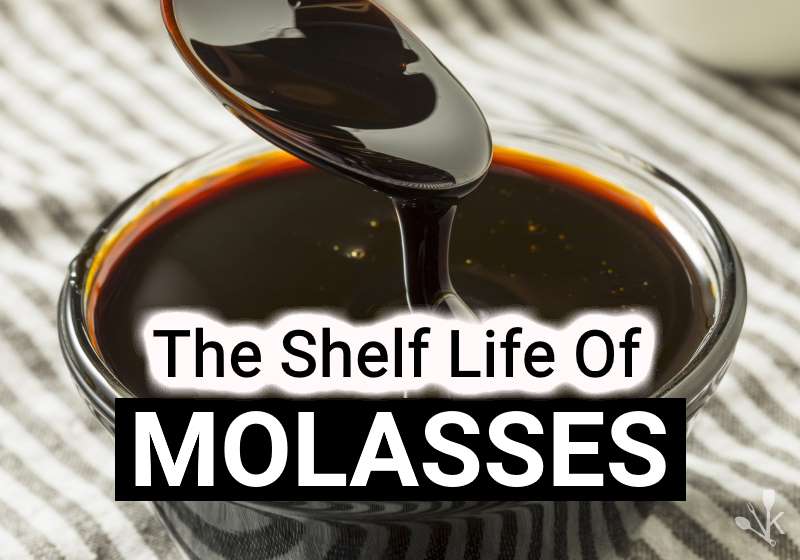
An unopened bottle of molasses, if stored in a cool, dark place, should last for at least one year and up to two years. Once opened, it should be used within six months.
How Long Does Molasses Last?
Molasses is a product of crushed sugar cane or sugar beets, made during the sugar-making process.
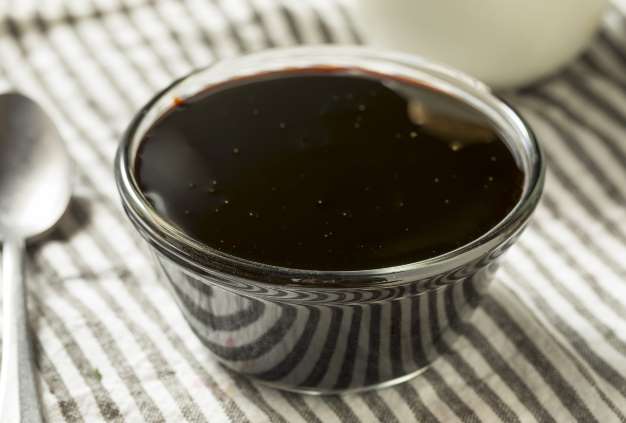
It is a thick syrup that comes in several varieties with a different color, consistency, flavor and sugar content.
Molasses Shelf Life & Expiration
- Blackstrap molasses – the most popular variety – is the thickest and darkest in color. Unopened, it should last in the cupboard for at least a year and up to two years. Once opened, it should be used within six months.
- Light molasses is a lighter color and less thick than blackstrap, but has a similar shelf life – one to two years if unopened and six months once opened.
- Unsulfured molasses does not have the preservative sulfur dioxide added to it to help prevent it from spoiling, so it will not last as long as sulfured molasses. It’s best to use within six months of purchase, and keep refrigerated once opened instead of in the cupboard like other varieties.
The biggest difference in shelf life is between opened and unopened bottles of molasses. An unopened bottle of molasses lasts in the cupboard for at least a year. In reality, if stored properly, it can probably last up to two years.
Related | Does Sugar Go Bad?
Once opened, the molasses starts to decline and the bottle will not last as long. An opened bottle of molasses should be used within six months to be on the safe side.
If you purchase a bottle and store it for one year before opening, it will therefore last 18 months. It’s a good idea to write the purchase date and the opening date on your molasses packaging, so that you can be sure of the age of the bottle.
Most bottles will have a “best before” or “use by” date, which is just a guideline. If the molasses doesn’t show any signs of being spoiled, it could even last up to four years if properly stored.
How To Tell If Molasses Is Bad
It’s a good idea to examine your molasses when you first open it and give it a taste, so you know what it looks and tastes like when it’s in peak condition. Then you can watch for signs of it going bad.
To check for those telltale signs before it’s completely gone bad, perform a three-part test, checking how it looks, how it smells and how it tastes.
The first test is how it looks when you open the bottle. Here are some signs that it needs to be thrown out:
- There’s mold around the cap or on the surface of the molasses.
- There are signs of crystallization or clumping.
- There’s a change in color or other change in appearance.
If it looks ok but the smell is off, it’s best to buy a new bottle. You will be able to easily tell that it’s no good anymore if the smell is awful.
If the look and smell are fine but you still aren’t sure if it’s good to eat, you can try tasting a small spoon of it. If you take a small amount, it shouldn’t make you sick and you will know if it’s fine to continue using.
Can Spoiled Molasses Make You Sick?
It’s not likely that you will get sick from spoiled molasses, but to be on the safe side, it’s best to throw it out if you have any doubts about its freshness. It’s easier to buy a new jar than to worry about any possible side effects.
Molasses also gets more difficult to pour or use in cooking if it gets too thick or crystallizes.
How To Store Molasses
Heat and air are the biggest factors that influence the shelf life of molasses, so it’s easy to keep it fresh and keep a long time by storing it in a cool, dry place.
Keeping it at room temperature is fine, so an enclosed cupboard or pantry is a good option for storage. If possible, storing it in the basement or cellar is even more ideal, as it will be away from the heat and humidity that can permeate a kitchen environment.
It’s important to be sure that once opened, the lid is closed tightly after each use. The quickest way for your molasses to spoil is by putting it away with the lid off or loose.
Does Molasses Need To Be Refrigerated?
You do not need to refrigerate molasses, with the exception of unsulfured molasses. Since this can ferment, it should be kept refrigerated, unless you go through it fairly quickly.
Keeping regular molasses in the fridge would make it very thick and difficult to pour. Remember the old saying, “Slow as molasses in January?” You get the idea.
Can You Freeze Molasses?
It is possible to store molasses in a freezer, but it probably won’t freeze solid because of the sugar content. Once thawed, it will probably be grainy or crystallized, similar to what happens to honey.
Related | Does Honey Go Bad?
So it’s best to store it in a cool, dark place like a pantry or cellar. Handy baking hint – if your molasses does crystallize, put the bottle in a pot of warm water (not boiling) and let it sit for a while. It will return to a thinner consistency.

